
Anton Wilhelm Tischbein, known as the Hanauer Tischbein (1 March 1730, Haina - 1 November 1804, Hanau) was a German painter from the Tischbein family of artists.

Anton Wilhelm Tischbein, known as the Hanauer Tischbein (1 March 1730, Haina - 1 November 1804, Hanau) was a German painter from the Tischbein family of artists.
His father was a baker. His four older brothers were all painters, the best-known of them being Johann Heinrich Tischbein. His first teacher was his brother Johann Valentin Tischbein. In 1753, he enrolled at the Royal Academy of Art in The Hague, which had an international reputation for its teaching in the Baroque style.
In 1758, he entered the service of Count Christian August von Solms-Laubach as his secretary. He moved to Hanau in 1769 to become court painter for William I, Elector of Hesse and, after 1772, worked to establish an art academy there and became a teacher.
He worked not only for the nobility, but also for wealthy aristocrats, including Johann Christian Senckenberg, the Brentanos and the La Roches. Portraits were his main work, but he also created historical scenes and small works known as "Kabinettstücke", as well as decorating the Lustschloss at Wilhelmsbad; now a park near Hanau.

Johann Heinrich Wilhelm Tischbein, known as the Goethe Tischbein, was a German painter from the Tischbein family of artists.
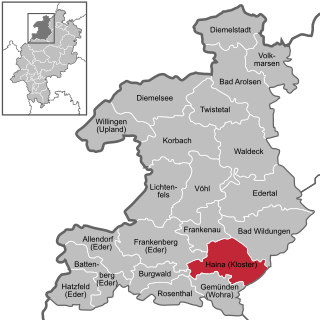
Haina (Kloster) is a municipality in Waldeck-Frankenberg in northwest Hesse, Germany.

The Alter Südfriedhof also known as "Alter Südlicher Friedhof" is a cemetery in Munich, Germany. It was founded by Duke Albrecht V as a plague cemetery in 1563 about half a kilometer south of the Sendlinger Gate between Thalkirchner and Pestalozzistraße.

Friedrich Georg Weitsch was a German painter and etcher.
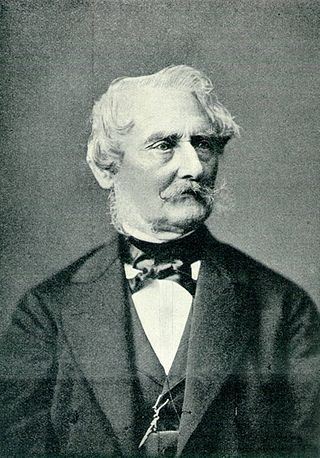
Johann Heinrich Strack was a German architect of the Schinkelschule. His notable works include the Berlin Victory Column.

Johannes Riepenhausen and his older brother Franz Riepenhausen were German painters and engravers who worked in Rome.

Johann Friedrich August Tischbein, known as the Leipziger Tischbein was a German portrait painter from the Tischbein family of artists.
The Tischbein family was a German family of artists, originating in Hesse and spanning three generations. The family patriarch, Johann Heinrich Tischbein (1682–1764), was a master baker at the State Hospital in Haina. The Tischbeins also produced a number of master carpenters..

Franz Wilhelm Johann Bunke was a German landscape painter.

Johann Ludwig Ernst Morgenstern was a German painting-restorer, etcher and painter.

August Albrecht Christian Tischbein was a German painter and lithographer from the Tischbein family of artists.

Johann Anton Tischbein was a German painter and art teacher from the Tischbein family of artists.
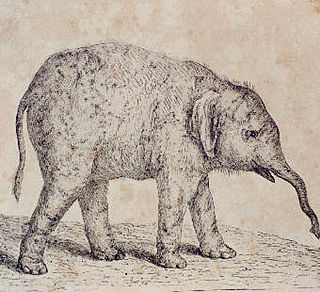
Johann Heinrich Tischbein, known as The Younger was a German painter and engraver from the Tischbein family of artists.
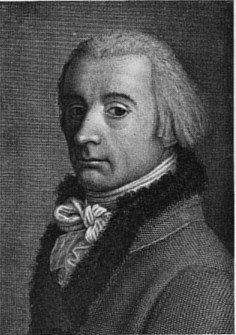
Johann Heinrich Lips was a Swiss copper engraver; mostly of portraits.
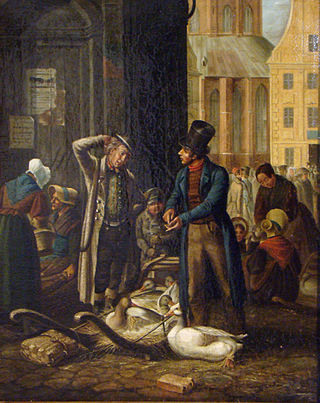
Paul Ludwig Philipp Wilhelm Tischbein was a German illustrator and painter; primarily of landscapes and genre scenes. He was a member of the Tischbein family of artists.
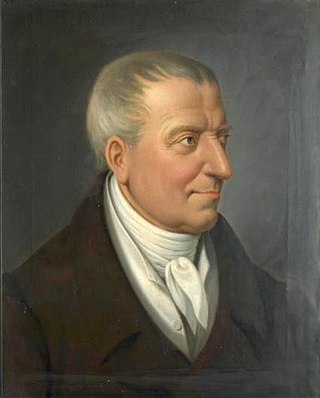
Karl Christian Kehrer was a German portrait, landscape and history painter.
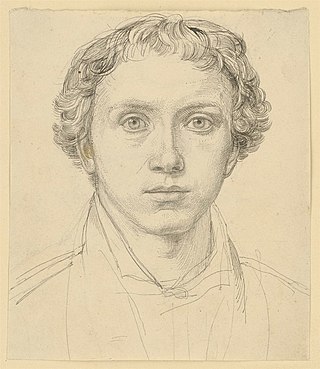
Johann Jacob Gensler was a German etcher and painter; specializing in genre scenes and landscapes.
Friedrich Ludwig Heinrich Waagen also Christian Friedrich Ludwig Heinrich Waagen, Wagen or Wage) was a German portrait, history and landscape painter born in the Holy Roman Empire. Hardly anything is known about his works. However, he had acquired extensive knowledge of art, amassed a collection of paintings in Hamburg and was known to friends with or in-laws of many important personalities of his time. Gustav Friedrich Waagen (1794-1868) and Carl Waagen (1800-1873) are his sons.
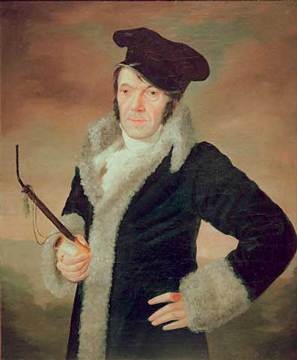
Conrad Westermayr was a German painter and engraver.

Friedrich Wilhelm L'Allemand, known as Fritz was an Austrian history painter.